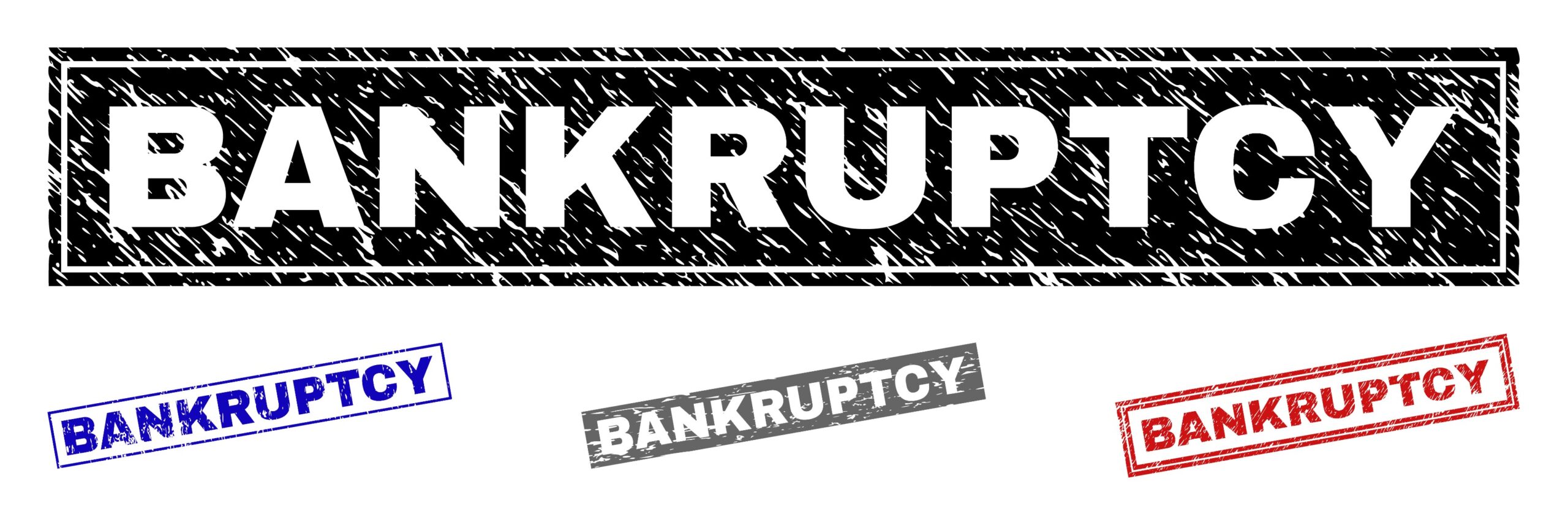An adversary hearing addresses disputes that cannot be resolved through the main bankruptcy process. These hearings ensure that parties can present their arguments and evidence while allowing the court to decide on contentious issues such as fraud allegations, lien disputes, or objections to discharge. Understanding what exactly adversary hearings involve is important if you’re involved in one as a part of your bankruptcy case.
What is an Adversary Proceeding?
An adversary proceeding in bankruptcy is a separate legal action that either party initiates by filing a complaint within the bankruptcy case. It involves one or more parties contesting a specific issue related to the bankruptcy. Unlike the main bankruptcy process, which is largely administrative, adversary proceedings follow rules similar to a civil lawsuit, including discovery, motions, and hearings. An adversary proceeding can be filed in both chapter 7 and chapter 13 cases.
Adversary proceedings can arise for various reasons, often involving disputes between debtors, creditors, or trustees. Common examples include:
Fraudulent Transfers: Creditors or trustees may seek to recover assets transferred before filing for bankruptcy, claiming the transfer was fraudulent or unfairly prioritized certain creditors.
Objections to Discharge: A creditor or trustee may argue that certain debts should not be eligible for discharge due to fraud, misrepresentation, or other legal exemptions.
Dischargeability of Specific Debts: Creditors can challenge whether specific debts, such as those arising from student loans or taxes, qualify for discharge under bankruptcy law.
Automatic Stay Violations: Debtors may file an adversary proceeding if a creditor violates the automatic stay by continuing collection efforts during bankruptcy.
Regardless of the cause, this hearing allows the parties to present their arguments, evidence, and positions to the bankruptcy court.
The Process of an Adversary Hearing
Just like other types of hearings, there is a specific process the court will follow. The adversary proceeding begins when one party files a complaint, and the other party responds with an answer. Pre-hearing steps can include discovery and filing motions to resolve certain issues within the case.
During the hearing, parties present their cases through arguments, witness testimony, and documentary evidence. The judge evaluates the evidence, hears arguments, and may issue a ruling or take the matter under advisement. The court’s decision can resolve the dispute or provide further guidance for continuing the adversary proceeding. In some cases, appeals may follow.
For More Information Checkout Our Bankruptcy Blog
Tulsa County Bankruptcy Attorneys
An adversary hearing in bankruptcy addresses disputes that are unresolvable through the main bankruptcy process. These hearings ensure that parties can present their cases and that the court can decide on contentious issues. While adversary proceedings add complexity to bankruptcy cases, they are a necessary mechanism for resolving legal conflicts fairly and transparently.
Our team here at Tulsa County Lawyers Group will guide you through the process of your adversary hearing. If you need help, contact us today by calling (918) 379-4864 or reach us online for a consultation.

